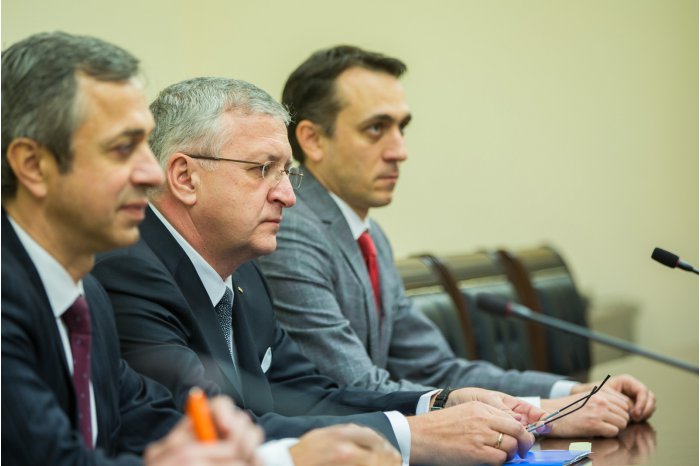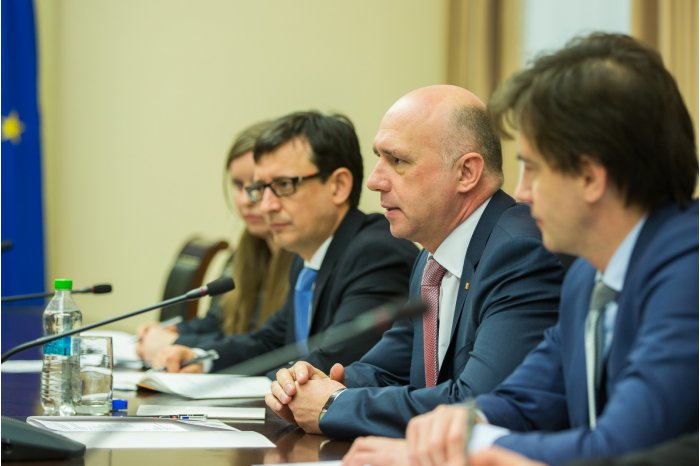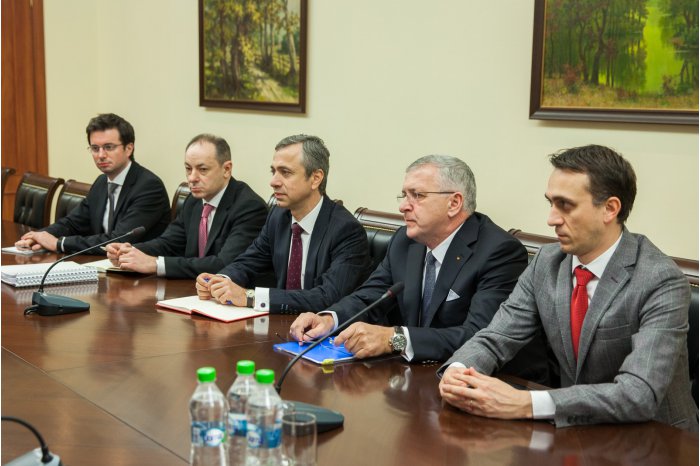Moldovan prime minister takes attention of salaries in envelopes’ decrease matter
11:49 | 28.01.2017 Category: Official
Chisinau, 28 January /MOLDPRES/ – Prime Minister Pavel Filip had a meeting with representatives of PricewaterhouseCoopers (PwC), the implementer Fund Governance, funded by the British Government. They also subjected patterns on how to reduce the shadow economy and combat salaries in envelopes, the government’s communication and protocol department has reported.
The Prime Minister said that the scale of that phenomenon requires the identification of viable solutions to convince operators to work legally and to improve the tax collection to the state budget. As such, the Economic Council under the Prime Minister has set up a dedicated working group, which identified several constraints and came up with several proposals. In this context, Pavel Filip proved interest in the survey results to improve tax collection rate by implementing measures to reduce the shadow economy, conducted by the PwC company representatives within the activities of Good Government Fund of Great Britain.
The experts referred to experience of Romanian fiscal authorities in the field, which launched a similar reform in 2013 and which has led to very good results. According to them, the reform not only contented restrictive measures, but also a number of acts of fiscal relaxation. Following the implementation of the reform, despite the reduction in the tax burden, state budget revenues have increased.
Prime Minister Pavel Filip outlined the importance of a balanced and equitable tax burden to stimulate economic agents to work in the legal field.
Following the talks, it was expressed the interest to launch a project in Moldova, similar to the one in Romania, its development and piloting to be carried out on the platform of Economic Council under the Prime Minister.
According to Prime Minister, under that project, the focus should be placed on several priority components: identifying effective solutions to reduce unofficial employment and wages in envelopes, reducing cash payments, tax liberalization, developing the methodology for estimating the impact of proposed solutions.
(Editor A. Raileanu)




